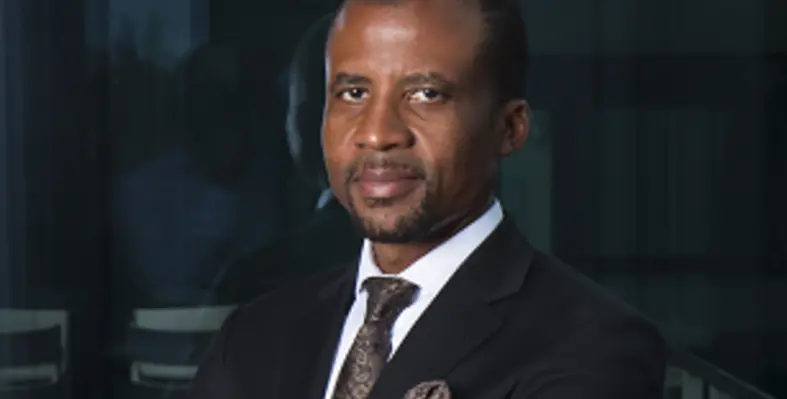Ahead of his attendance at Investing in African Mining Indaba 2023, Fortune Mojapelo, co-founder and CEO of Bushveld Minerals, discusses the opportunities the energy transition is offering to the continent’s mining industry
African Review: What role will Africa have in the forthcoming energy transition and how will this benefit the continent?
Fortune Mojapelo: Africa stands to benefit from the shift to clean energy and technologies. The continent has 30% of the world’s mineral reserves, including many minerals essential to the green transition. For example, the Democratic Republic of Congo (DRC) produces about 70% of the world’s cobalt, while South Africa has the largest share of manganese reserves, platinum reserves and primary vanadium reserves, and among the world’s largest sulphide nickel reserves. Madagascar and Mozambique have significant shares of graphite, and Zimbabwe has large deposits of lithium.
So, at an absolute minimum, Africa has an enormous role to play in the energy transition as host to much of the resources that are required. With the exception of South Africa, however, Africa has been predominantly a raw minerals exporter, with limited refining or linkages to domestic industry. The green energy transition and the rising demand for critical minerals presents an opportunity for the continent to build a strong position in the green technology value chains beyond just supplying the mineral raw materials.
In the case of vanadium, Bushveld’s founders identified early on, that the commodity was poised to benefit greatly as a viable long duration energy storage (LDES) solution for the global energy transition, given its specific attributes, which include long lifecycles, scalability, safety and re-usability. Specifically, Bushveld recognised the coming growth in the stationary energy storage sector and the dominant role that LDES and with it VRFBs, would play in this space.
With some of the largest highgrade reserves, solid infrastructure, and existing brownfield processing capacity-built decades back, the company recognised South Africa’s unique positioning and opportunity to build a significant space in the vanadium market.
This coupled with our vertically integrated strategy that combines upstream, primary vanadium mining, beneficiation and downstream energy storage platforms, all driving for the global adoption of vanadium redox flow batteries.
African Review: How can the mining sector position itself to meet this burgeoning demand?
Mojapelo: Just having the minerals in the ground doesn’t mean the continent is front of the queue in terms of delivering these commodities of the future. There are many examples of regions in the world with major mineral deposits that have never been efficiently extracted due to various obstacles, either natural or man-made.
In the first instance, Africa must properly recognise the potential or opportunity and the enablers available to it in order to unlock them. This opportunity is a global market created by the energy transition. That market needs to be defined beyond the market value of the commodities, as ore, concentrate or refined metal, but beyond that to products/components for the energy transition technologies. This moves one from seeing a multi-billion-dollar opportunity to a multi-trillion-dollar opportunity.
Secondly, the enablers to capture a meaningful share of the value chains for these energy transition solutions are immediately available and accessible to the continent. They include:
• The massive high-grade mineral resources
• Existing primary processing infrastructure that Africa has
• Technical capacity along the value chain – in a global marketplace this is highly mobile and available
• Abundant solar and wind power generation potential
• Captive local energy market supportive of the kind of critical mass needed to build local industry. Beyond basic access to electricity, a growing African economy will drive even greater electricity demand.
To pull all these enablers together what is needed is a coherent industrial strategy that mobilises the key policy levers – including but not limited to:
• A stable and competitive mineral and a visionary industrial policy
• A solid base of geological primary data
• Sound infrastructure, such as water, power and transport
• Fiscal levers that were so important in the development of the Li-ion industry.
Supporting this are the prerequisites of political stability, regulatory clarity, effective and efficient application of regulations – and here the challenges are significant but not insurmountable.
The industry will need to recognise the opportunity to play an active role in developing a supportive ecosystem for the energy transition technologies which will in turn support demand growth. It is a self-reinforcing loop. A good example of this is the work Bushveld Minerals, and indeed other vanadium producers have been playing in supporting the role of VRFBs in the stationary energy storage space, or the PGM industry’s proactive efforts in supporting the development of the hydrogen economy.












